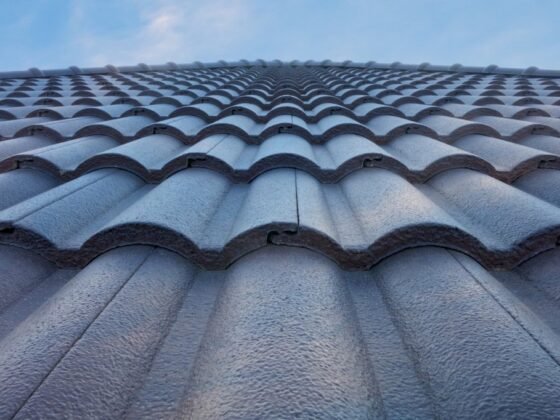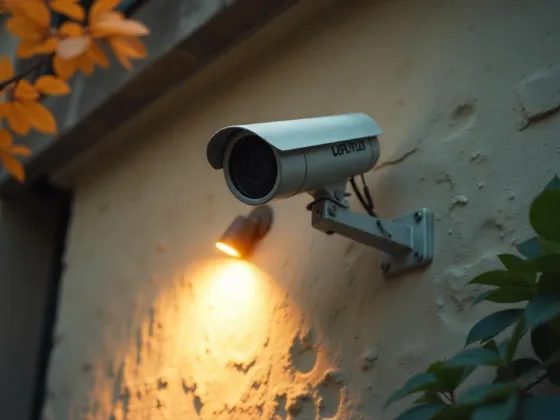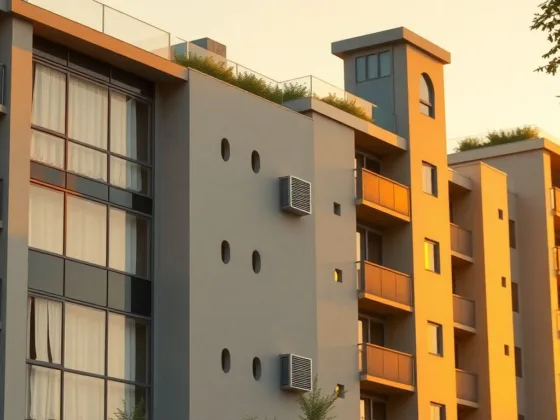Table of Contents Show
Did you know that ICF walls have been tested for up to four hours in fire conditions of up to 2000 degrees? If you live in an area that is prone to fires you might be considering having your next home constructed with ICF instead of wood.

In the article below we are going to share more about ICF, including ICF construction pros and cons.
Pros
First, let’s start with the benefits of opting for ICF construction. We have 5 main advantages for you to consider when you are thinking of going with this type of construction.
Less Maintenance
In traditional homes built with wood, maintenance is usually a necessity that you can’t avoid doing. With insulated concrete forms you have very little or no maintenance in order to keep up with the home.
The home’s structural stability is not affected, giving you peace of mind while you are living in your home.
You also don’t have to worry about condensation or mold growing in your structure because ICF creates an airtight structure. This ensures that you don’t have hidden damage growing inside your walls.
Durability
Along with less maintenance, you will also have a home that will last a long time. ICF homes are so durable that they are considered “disaster-proof.” They have been known to withstand hurricanes, fires, and other natural disasters.
Most ICF buildings come with a 60+ year guarantee and they do not deteriorate as a traditional building does.
Faster Build
ICF construction is not labor-intensive like traditional buildings. The ICF blocks are made of lightweight expanded polystyrene (EPS) and they are hollow in the middle. Each block interlocks with each other and makes it easy to stack the blocks.
Once all of the blocks are stacked and assembled, a concrete pump applies concrete into the hollow blocks. The great thing is that building while it is raining won’t ruin construction. Your home or building can be built no matter the weather.
Airtight Construction
Having a well-insulated and airtight home is important whether you live in an area with rough winters or hot summers. ICF gives you airtight construction because the insulation is continuous throughout the entire build.
Having all of this insulation keeps the building or home free from any drafts because there is no room for outside air to penetrate. You don’t have to worry about turning on the air conditioner in the summer and it escaping out of the walls.
Sound Proofing
If you like peace and quiet inside your home, then an ICF build will naturally give you a solution. The blocks that are used create thick and solid walls that noise is not able to penetrate.
When the blocks are stacked and the concrete is poured, it guarantees that you have a soundproof home. You do not have to pay extra as you would in a traditional home to make it soundproof.
Cons
Although there are many pros to ICF construction there are also a few cons. We are going to cover the top disadvantages to help you make an informed decision about ICF construction.
Releasing the Structure Early
Most contractors tend to expose the product after only 24 hours of being poured which can lead to quality problems down the road. ICF structures develop more strength when it is given the time to cure.
When you are looking for a builder, ask them how long they allow the concrete to cure after it is poured. If they only give it 24 hours then you might want to look for another builder.
Not Great in Cold Weather
If you live in warmer climates you will enjoy the benefits of ICF more because of the way that the heat transfers out of the structure.
The anchors and footings support the heat transfer process to make sure that the outside temperatures do not impact the curing process.
If you live in colder environments, you won’t receive this benefit. The heat from inside your home will go through the same process of going through the anchors and footings.
Seams in the Walls
If you have a new builder they might think that the structure fits perfectly together like a block set but the truth is that the building process is closer to laying a patio or a deck.
You want the builder to work from the corners of the design toward the middle and cut a block to fit the final gap where the two lines meet up.
There are seams in every wall which is why you want the builder to move them away from the corners.
Building this way will create a seam that the builder will have to reinforce with caulk or foam to give it the strength advantages that come with ICF construction. If they fail to foam or separate the seams they can actually weaken the walls of the home or building.
For this reason, it is very important to choose a builder that has experience with this type of construction.
Now You Know ICF Construction Pros and Cons
As you can see there are quite a few ICF construction pros and cons. We hope that now you can make an informed decision about whether ICF is for you or not.
The great thing is that ICF is no longer financially out of reach for the average household. It has become more affordable in recent years.
Did you find our article helpful? Please come back soon to never miss our latest.









